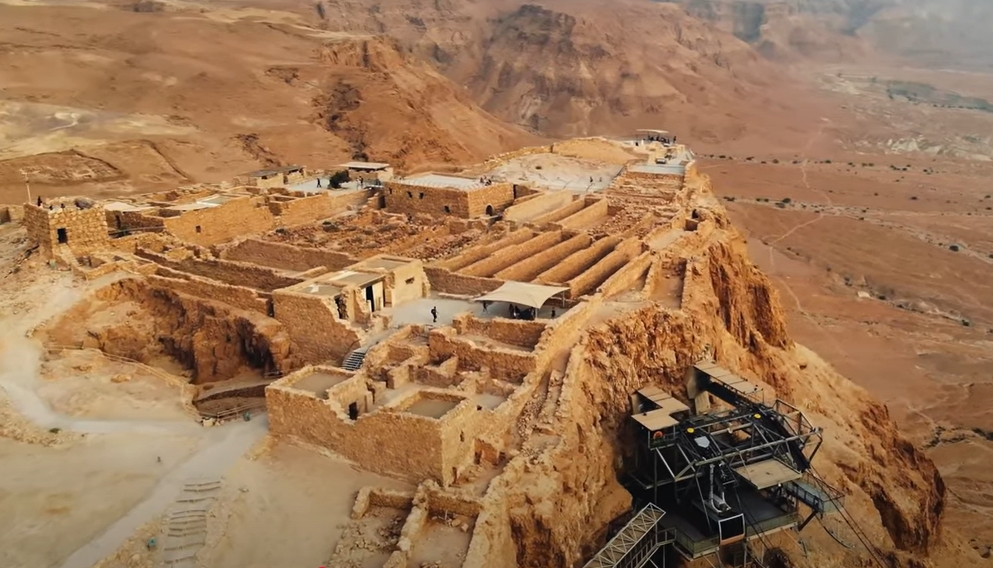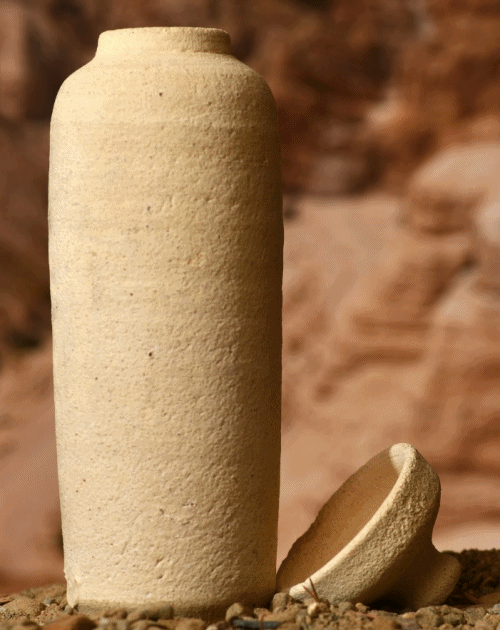Why Is The Bible So Confusing
(You Asked For It - Intro)May 25, 2025
Pastor Patrick presented today's message, "Why Is The Bible So Confusing." A video of today's message is here on YouTube.
This week's message was the Introduction to a series called "You Asked For It" (remember submitting verses to have explained?). Well, off we go...
Pastor Patrick mentioned that it's OK to wrestle with scripture. According to the Torah, it's equally OK to struggle with God. You could even argue that the two are the same. In fact, the new name God gave to Jacob was Israel (יִשְׂרָאֵל) which means "struggle (yisra) with God (el)" or strive with God (Genesis 32:28, NIV).
One of my favorite phrases from the Psalms is "Be still, and know that I am God" (Psalm 46:10). The "be still" is not so much be quiet in God's presence as it is a call to stop all your (often misguided or useless) activities (including warfare in the context of this psalm) and look to God for help and salvation. Know suggests being certain and acknowledging God's sovereignty which interestingly leads to trusting Him. For more on this quote, see The Real Meaning of Psalm 46:10.
Without using the word trust per se, God speaks to Joshua as the Israelites are about to enter the Promised Land, including, "Be strong and courageous. Do not be afraid; do not be discouraged, for the Lord your God will be with you wherever you go" (Joshua 1:9). You may remember that the Israelites were constantly called to trust in the Lord as they traversed the Wilderness. But now, they are about to enter the Promised Land knowing that they have to fight to conquer it and they have just lost their leader, Moses. Trust in the Lord once again becomes paramount.
One of the scriptural things that used to drive me nuts was the concept of kosher (Leviticus 11). What can be eaten and what can't be eaten? It all seemed so confusing. Until I came across Prager's explanation. It was an Ah-ha moment. I've already written about this in a Bonus, so I'll simply point you there: Kosher.
Bonus
Masada | Elohim | Jehovah

I recommend to you this 3-minute video, Biblical Excavation On Location: Masada, by David Nekrutman.
You get a fascinating view of King Herod's exotic palace atop a barren mountain turned into a lavish oasis with some clever innovations. The short video goes on to discuss the two names of God in the first couple chapters of Genesis: Elohim (לֵֽ֭אלֹהִים) and Jehovah (אֶֽהְיֶ֖ה). Or, as David translates them, The Ultimate Power/Source and The Eternal. These are also respectively referenced as Justice and Mercy.
Bonus2
Clay Pots
 Glenn Beck did an interesting 5-minute video on PragerU.com entitled Clay Pots. It was a "Dear Graduate Speech" encouraging young grads to help preserve history by preserving their own history.
Glenn Beck did an interesting 5-minute video on PragerU.com entitled Clay Pots. It was a "Dear Graduate Speech" encouraging young grads to help preserve history by preserving their own history.It's worth watching in spite of the fact that when I first saw the title, my mind went in an entirely different direction. Some years ago, I read an article about the best way to preserve information for future generations. It pointed out that more modern methods of recording things are quite prone to obsolescence. How many data storage items do you have that you cannot read any more because the technology is no longer readily available. I'm thinking of things like floppy disks and 8-track tapes. The article went on to point out that the older the technology the more likely it is to last longer, which was a little surprising. But consider items written on stone. We have examples going back millennia that are quite readable without any technology at all. And scrolls in clay pots from 300 BCE (as discussed in the Beck video). So, as you prepare to record your own history (as Beck suggests), give careful consideration to the media. The best one I heard about was a gold-plated copper record stored in a vacuum like on the Voyager spacecraft. They say that could last 5 billion years! On the other hand, that's got to be quite expensive.
Here's an interesting article: Writing Materials of Ancient Times.